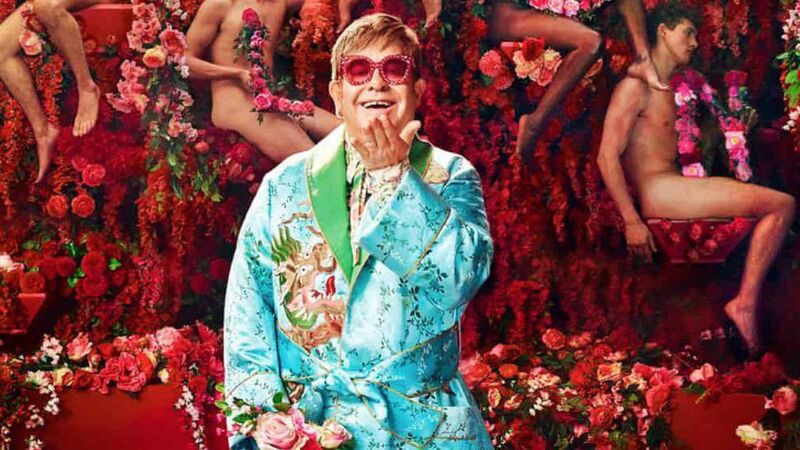Tom Dunne: Perhaps 'muso' shouldn't be a term of abuse after all

Elton John will bring his Farewell Yellow Brick Road tour to Cork's Páirc Uí Chaoimh next year
‘Muso.’ It was a term of abuse during the punk wars, the worst thing you could be. If advertising for bandmates a curt “No musos” would let people know where you stood. It was Glen Matlock’s ‘muso’ tendencies that did for him in The Sex Pistols.
But as you advanced that changed. It was like driving. It was nice to have people in the car who looked the part and could say ‘nought to 60’ convincingly, but at some point you needed someone who could drive. You might do one album without a muso. You wouldn’t do two.





